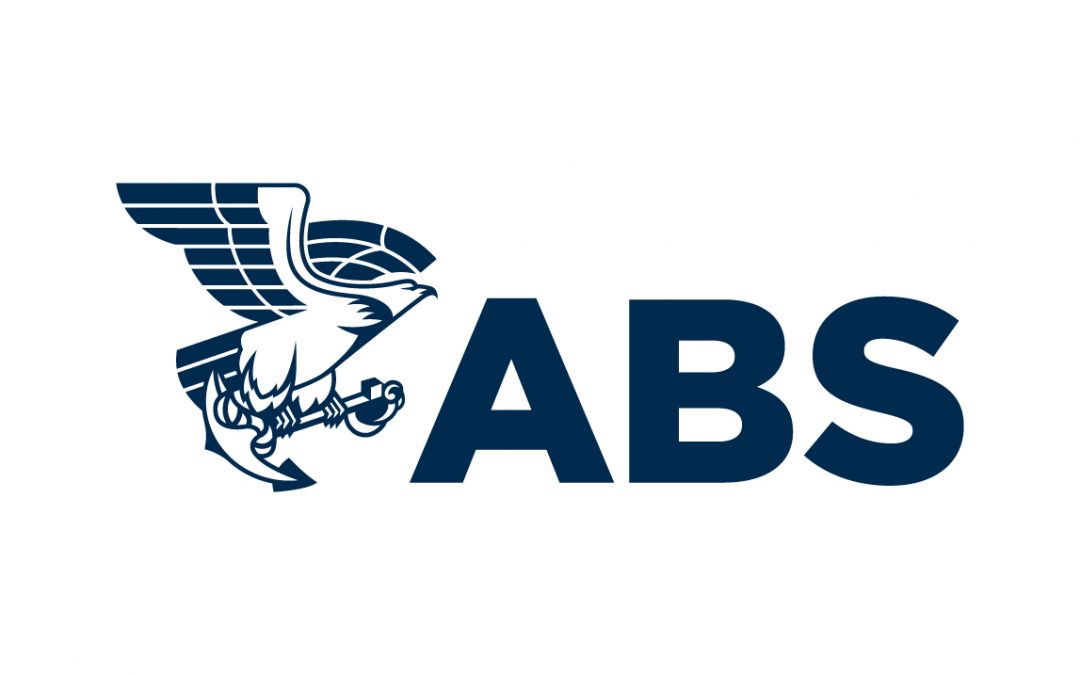In response to the growing number of maritime accidents attributed to communication errors, VIRSEC, an award-winning e-learning company based in Manchester, UK, proudly announces that the American Bureau of Shipping (ABS) has approved its suite of seven maritime English tests (METs).
The fully online tests are designed to officially assess and certify the level of English language proficiency of seafarers through structured testing, addressing a critical need for standardization in the maritime industry.
Background on Maritime English Testing
The International Maritime Organization (IMO) has documented a significant rise in maritime accidents due to radio communication errors, largely stemming from insufficient English language proficiency among seafarers. Recognizing this issue, English language competency requirements have been embedded into International Maritime Law through the STCW Convention and SOLAS updates. As a result, ship operators worldwide must ensure that their current and future employees possess the necessary English language skills.
About VIRSEC Maritime English Tests
Designed by industry experts, the tests are aimed at deck and engine departments as well as cruise line staff: Senior Officer Deck, Senior Officer Engine, Junior Officer Deck, Junior Officer Engine, Deck Ratings, Engine Ratings, and Cruise Line Staff.
Comprehensive Testing: Tests are aligned with IMO Model English Course 3.17, IMO Standard Marine Communication Phrases (SMCPs), and the functional framework of the STCW standards.
International Standards: Consistent with CEFR and ILR standards, ensuring globally recognized assessment quality.
The test focuses on functional areas and uses realistic on-ship scenarios across the following:
- Deck Department Functions include navigation, Cargo Handling and stowage, Radio Communications, Ship Operations, and Crew and passengers.
- Engine Department Functions: Maritime Engineering, Electrical Engineering, Ship Repair & Maintenance, Ship Operations, Crew & Passengers.
- Cruise Ship Staff: General communication with passengers and crew, Area of a Ship, Emergencies.
There is an emphasis on Listening and Grammar, as these skills are fundamental to vessel safety.
Candidates face 80 randomized questions (50 at the basic level) in varied formats such as multiple choice and drag-and-drop. Listening questions comprise 40% of the test and are designed to simulate real-life maritime challenges with realistic sound effects and scenarios.
Why VIRSEC METs Stand Out
Enhanced Listening Component: With more listening questions designed around complex, real-world scenarios, VIRSEC’s tests address a critical area where miscommunication often leads to accidents.
Rigor and Real-World Application: The tests are challenging and realistic, featuring complex reading scenarios and multiple-choice questions with five answer choices at the senior level, enhancing test reliability and reducing the likelihood of “guessing correct answers.”
Maritime English Tests are conducted online, offering rapid turnaround on official test certificates and allowing for flexible, efficient testing.
Source: Maritime Executive






